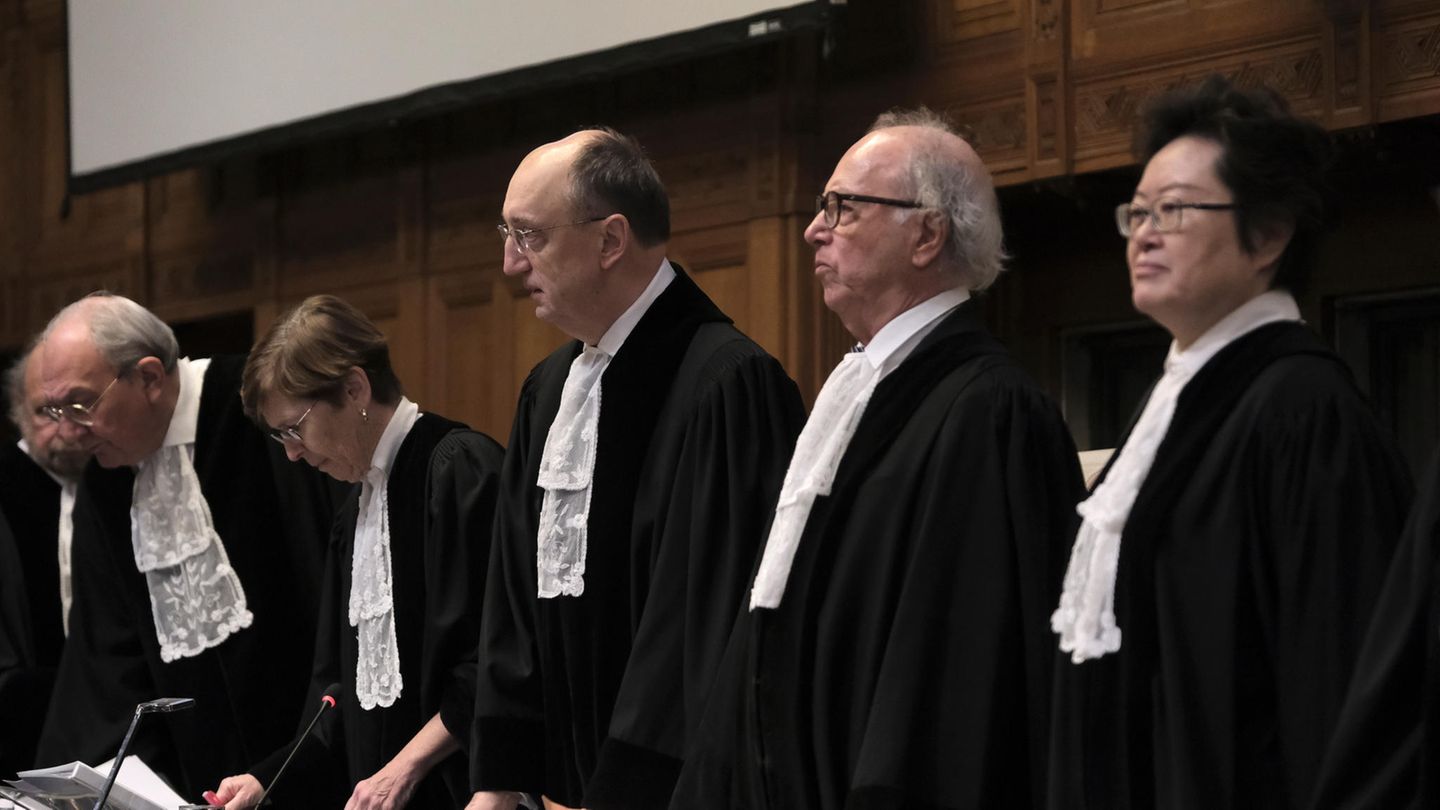I have been working in the news industry for over 6 years, first as a reporter and now as an editor. I have covered politics extensively, and my work has appeared in major newspapers and online news outlets around the world. In addition to my writing, I also contribute regularly to 24 Hours World.
Menu
International Court of Justice: Case against Israel is not dismissed
Categories
Most Read
Compulsory military service: Steinmeier doubts the planned lottery system
October 16, 2025
No Comments
Military service reform: Steinmeier doubts the lottery system for military service
October 16, 2025
No Comments
EU: Drone defense should start by the end of 2026
October 16, 2025
No Comments
“Maischberger”: Kretzschmer calls for a different way of dealing with the AfD
October 15, 2025
No Comments
Inside Alloheim: The lousy business of care
October 15, 2025
No Comments
Latest Posts

Uruguay approved the euthanasia law and became the first country in the region to legalize it
October 16, 2025
No Comments
October 16, 2025 – 00:06 After more than twelve hours of debate, the Uruguayan Senate gave final sanction to the “death with dignity” project. The

Fuels: ADAC: Fuel price rule could make refueling more expensive
October 16, 2025
No Comments
AngelicaI am an author and journalist who has written for 24 Hours World. I specialize in covering the economy and write about topics such as

Federal Court of Justice: After Wirecard insolvency: BGH examines shareholder claims
October 16, 2025
No Comments
AngelicaI am an author and journalist who has written for 24 Hours World. I specialize in covering the economy and write about topics such as
24 Hours Worlds is a comprehensive source of instant world current affairs, offering up-to-the-minute coverage of breaking news and events from around the globe. With a team of experienced journalists and experts on hand 24/7.

